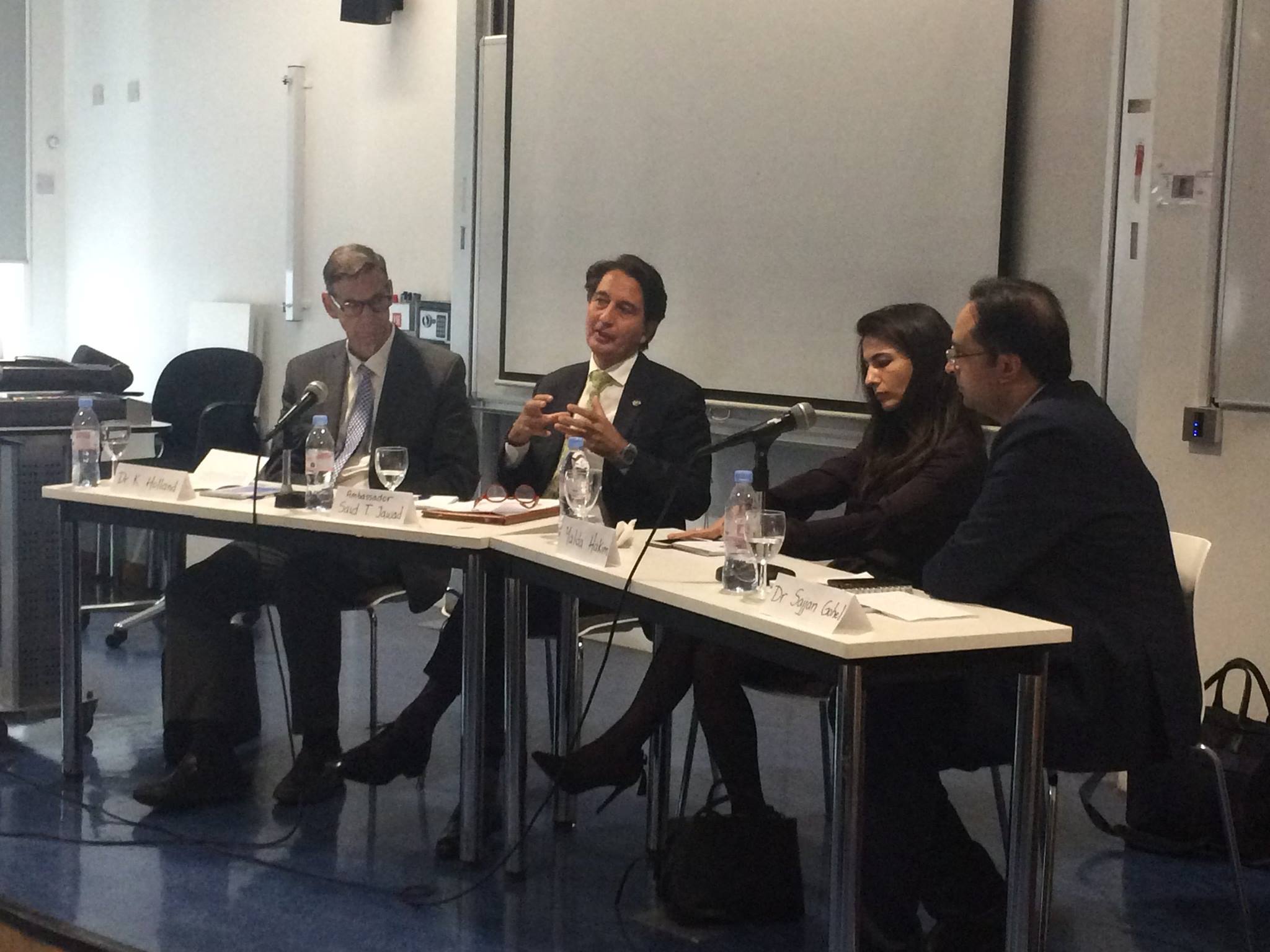Many students now use AI technologies like DeepL Translator, ChatGPT, and Grammarly. MSc International Development and Humanitarian Emergencies student, Francesca Feruglio explores how ID students use these tools, their perspectives on them, and a view on the benefits these tools may have for an academic institution such as LSE.
In today’s digital era, university students are wholeheartedly embracing the power of AI technologies to supercharge their academic journey. Grammarly polishes their writing with real-time grammar and spelling suggestions, while ChatGPT acts as their trusted virtual brainstorming buddy. DeepL translator effortlessly bridges language gaps, promoting a rich exchange of knowledge among diverse cultures. Quillbot empowers students to elevate their writing fluency and craft stellar essays. However, it’s vital to tread cautiously amidst the AI wave. Excessive reliance on these tools can potentially dull critical thinking and problem-solving abilities, stifling the emergence of fresh and original ideas. Moreover, the fallibility of AI algorithms can lead to inaccuracies and biases, generating confusion instead of clarity. Additionally, safeguarding data privacy and security is an ongoing concern. Students must strive for equilibrium, harnessing the benefits of AI while nurturing independent thinking skills, ensuring a well-rounded and enriching academic experience.
By the way, ChatGPT wrote the paragraph you just read, not me. Would I be able to produce something like this? Yes, probably. In 3 seconds, though? Very unlikely. The temptation to delegate tasks to AI technologies is what makes them not having an excellent reputation in the Academia. However, are our concerns well reposit or are we only afraid of what we don’t know yet? Perhaps we can answer this question by learning more about how exactly LSE ID students are using AI technology, and what kind of effects they find it has on their lives. So, I conducted a poll among my colleagues, and I’ll try to depict the situation using their responses and my own experience.
The adoption of AI technologies among ID students is uneven, to start with. Not simply in terms of the technology chosen, but also in terms of how often they are used. The popularity of AIs varies: from the ardent admirer to the sporadic but somewhat suspicious user to the fiercely anti-AI. The ID department properly captures the range of viewpoints present in larger society.
True is to say that the perception of AI tools that enhance writing, like Grammarly, DeepL Translator, or Quillbot, is much less negative than that of ChatGPT, an advanced language model designed to generate human-like text responses. The use of AI technologies that enhance writing abilities may be a powerful tool for bridging the achievement gap at institutions like LSE, where over 70% of students are international and many of them undoubtedly do not speak English as a first language. Indeed, overseas students often find themselves at a disadvantage due to their inability to communicate well in English, and considering the typical duration of a Master’s degree (1 year), it may be challenging to learn rapidly enough to perfectly perform during the LT examinations. Then, ID students benefit from the accurate translations provided by DeepL Translator, an AI-powered translator, in order to better grasp challenging chapters. Or they use Quillbot to improve the quality of their own original writing, which results in more natural-sounding, native-English-like compositions. Moreover, the 90% of the respondents uses Grammarly, that plays the role of an always available proof-reader. These AI technologies might all aid in removing barriers and hurdles to a fair assessment of ID student work, and they are widely positively perceived by students. Could this discourage students from learning English to the highest level? It may, however, shouldn’t the learning of a second language be a personal choice? And then, isn’t the acquirement of English proficiency a student’s own responsibility?
For ChatGPT, the case is different. Despite a generally favourable influence on the academic experience, ChatGPT use among ID LSE students is not as widespread as may be expected, and there are contrasting feedbacks on its adoption. ChatGPT, and similarly Bard, have applications that go well beyond linguistic enhancement. Students consult them for topic clarification, ideas for essay-writing prompts, code improvements, and comments on their own projects. ChatGPT often edits my emails, gives me suggestions on the steps to take to arrive at desired outcomes. Sometimes it may even give me some life hacks. A respondent defined ChatGPT as a co-worker, a form of always-available colleague, and it seems a suitable description to me. ChatGPT is a ready-to-use interface to utilise when you are having trouble solving a problem and are not getting the response you were hoping for or any response at all. It doesn’t replace human interaction, but it could help, particularly at busy periods, holidays, or times of day when an ordinary academic support is not running. Where, therefore, is the virtue of waiting? The inventiveness and originality sparked by the wait for responses and the emptiness of working alone on something? It’s a good query, but it naturally occurs to me to follow it up with another question: Are we in a scholastic system that celebrates the waiting, that allows everyone the time they require to reflect without rushing, where deadlines are less strict and the enjoyment of the intellectual exercise takes precedence over the performance?
To let ChatGPT concluding this blog: As AI technologies revolutionize academic support, students find themselves at a crossroads of potential and caution. Embracing AI’s language-enhancing tools unlocks newfound fluency and knowledge exchange. However, the allure of quick solutions may challenge the pursuit of true ingenuity and independent thinking. While AI can be a reliable co-worker, supplementing human efforts, we must remember the virtue of patience and reflection in the quest for originality. As we navigate this evolving landscape, let us celebrate the balance between AI’s aid and the essence of human creativity, nurturing a learning environment where inspiration flourishes and ideas thrive.
The views expressed in this post are those of the author and do not reflect those of the International Development LSE blog or the London School of Economics and Political Science.
Image credit: LSE





